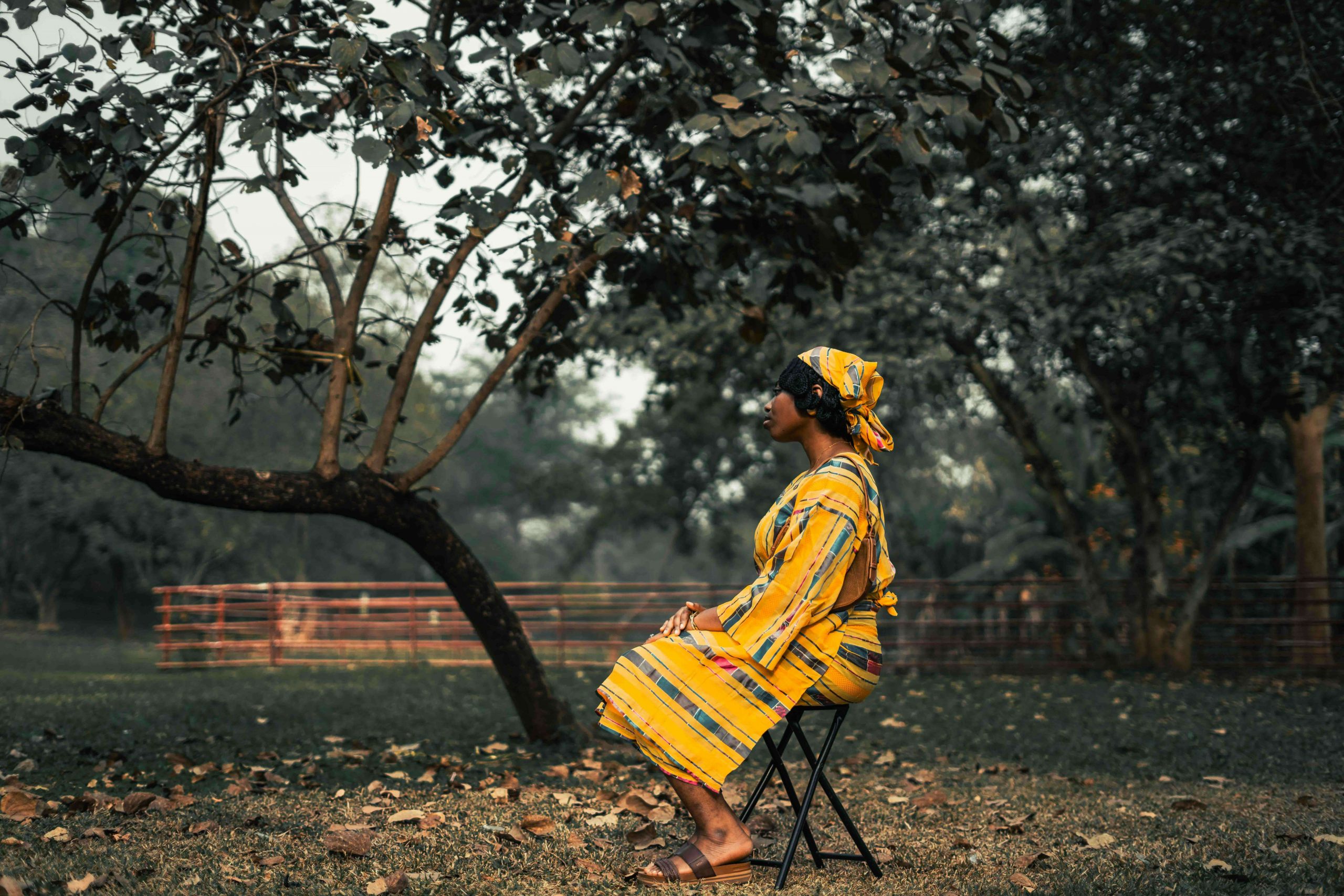DiscoverYoruba.com is your one-stop for embracing Yoruba culture, entertainment, and history unfolding.

Table of Contents
This may be a strange one, but imagine someone ends up making a time machine by chance, and people get to travel through time. Being a lover of everything Yoruba culture and wanting to learn as much as possible, you decide to travel through Yoruba history in time. In this article, we are going to journey through the times and explore the prominent eras of Yoruba history till date.
Strap in for the ride!
The Journey through Yoruba History
Going right into the history of Yoruba people, we’re going to make pitstops at the major times that left unmistakable footprints in the sand of time.
1. The Dawn of Yoruba Civilization (c. 1000 AD)
Our journey begins in the ancient city of Ile-Ife, considered the cradle and origin of Yoruba civilization. According to Yoruba mythology, Ile-Ife is the birthplace of humanity, where the god Oduduwa descended to create the earth. As you step out of the time machine, you’ll witness the bustling life of an early Yoruba city-state. Marvel at the intricate terracotta and bronze sculptures that are being crafted, showcasing the advanced artistic skills of the Yoruba people. These artefacts are not only aesthetically impressive but also serve religious and cultural purposes.
Key Experience: Visit the sacred groves and shrines dedicated to the Orishas, the pantheon of Yoruba deities. Engage with priests performing rituals and learn about the rich spiritual traditions that have shaped Yoruba beliefs.
2. The Rise of the Oyo Empire (c. 1400-1600 AD)
Next, set your time machine to the 15th century to witness the rise of the Oyo Empire, one of the most powerful Yoruba states. Arriving in Oyo-Ile, the empire’s capital, you’ll see a city fortified with impressive walls and bustling with trade. The Alaafin (king) and the Oyomesi (council of chiefs) govern the empire with a sophisticated system of checks and balances.
Key Experience: Observe the Oyo cavalry, renowned for their military prowess, as they prepare for a campaign. Visit Alaafin’s palace and witness the grandeur of royal ceremonies and the intricate governance that maintains the empire’s stability.

3. The Flourishing of Yoruba Art and Culture (c. 1600-1800 AD)
Travel forward to the 17th and 18th centuries, a period of cultural flourishing. Yoruba art, music, and literature reached new heights during this time. Cities like Oyo, Ife, and Ijebu become centres of artistic excellence.
Key Experience: Attend a traditional Yoruba festival, where you’ll be immersed in beautiful music, dance, and masquerade performances. Visit the workshops of master carvers and bead workers, and see how their crafts are used in both everyday life and spiritual practices.
4. The Era of Internal Conflict and the Yoruba Wars (c. 1800-1890 AD)
The 19th century brings significant upheaval as the Yoruba states engage in prolonged conflicts known as the Yoruba Wars. These wars are driven by competition for resources, political power, and responses to external threats, including the transatlantic slave trade and encroachment by neighboring states.
Key Experience: See Yoruba leaders negotiate alliances and disagreements while engaging in strategic debates. See how the wars affect day-to-day living and how communities struggle to resist and adapt in these trying times.
5. The Colonial Period and the Road to Independence (c. 1890–1960 AD)
Set your time machine to the late 19th century as European colonisation begins to take hold in West Africa. The British established control over Yorubaland, leading to significant changes in governance, economy, and society.
Key Experience: Observe the imposition of colonial rule and the responses of Yoruba leaders and communities. Attend the meetings of early nationalist movements advocating for independence and witness the cultural renaissance that seeks to preserve Yoruba heritage in the face of colonial influence.
6. Modern Yorubaland: Tradition Meets Innovation (1960-Present)
Your final stop is the modern era, where Yorubaland is part of an independent Nigeria. The region is a dynamic blend of tradition and modernity, with Yoruba culture continuing to thrive alongside technological and social advancements.
Key Experience: Explore contemporary Yoruba cities like Lagos, Ibadan, and Abeokuta. Visit universities and cultural institutions preserving and promoting Yoruba heritage. Engage with artists, musicians, and writers who are redefining Yoruba identity in a globalised world.

Conclusion
Travelling through the history of the Yoruba people reveals a civilization marked by resilience, creativity, and a deep connection to its cultural roots. West African history and beyond have been profoundly impacted by the Yoruba people, who have prospered and adapted throughout history, from the ancient city of Ile-Ife to the contemporary metropolises of Nigeria. Our journey across Yorubaland offers a rich experience. It gives insights into one of Africa’s most lasting cultures, regardless of whether you’re a historian, a cultural enthusiast, or an adventurous traveller.
Sources:
- Wikipedia – History of the Yoruba People
- Cambridge University Press – The Yoruba from Prehistory till Date
- CametoNigeria – Yoruba People







